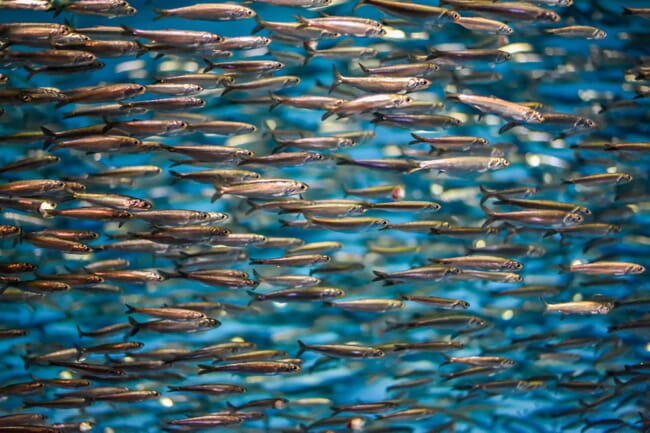
The organisation – which calculates the figures from the combined production of its members in Peru, Chile, Denmark, Norway, Iceland, the North Atlantic, the USA, African countries and Spain – says the uptick was thanks to the increased catches in the north-centre of Peru.
However, IFFO also points out that there is now a fishing ban in the region and only Peru’s southern fishing grounds are currently open to operations, with 15 percent of the quota landed so far.
In Chile, landings in the first 6 months of 2024 have decreased, year on year, in the south, while they are up in the north of the country.
In northern Europe, the volume of available raw materials is down, year on year, as expected due to the lower quotas granted in 2024 vs 2023.
As for the USA, menhaden catches continue to progress, although they remain below the levels reported in 2023.
Decreasing demand in China
While China’s fishing ban was lifted mid-August, local producers of fishmeal and fish oil remain cautious about domestic potential production levels for 2024.
Official statistics from China suggest an annual decrease in the cumulative fishmeal and fish oil imports through June, due to weak demand of aquafeed and high production costs. Overall, the bearish market conditions are likely to persist through the year 2024.
In contrast, the pig sector, which used to consume significant amounts of fishmeal, continues its recovery, with pig prices rising steadily over the past months.



